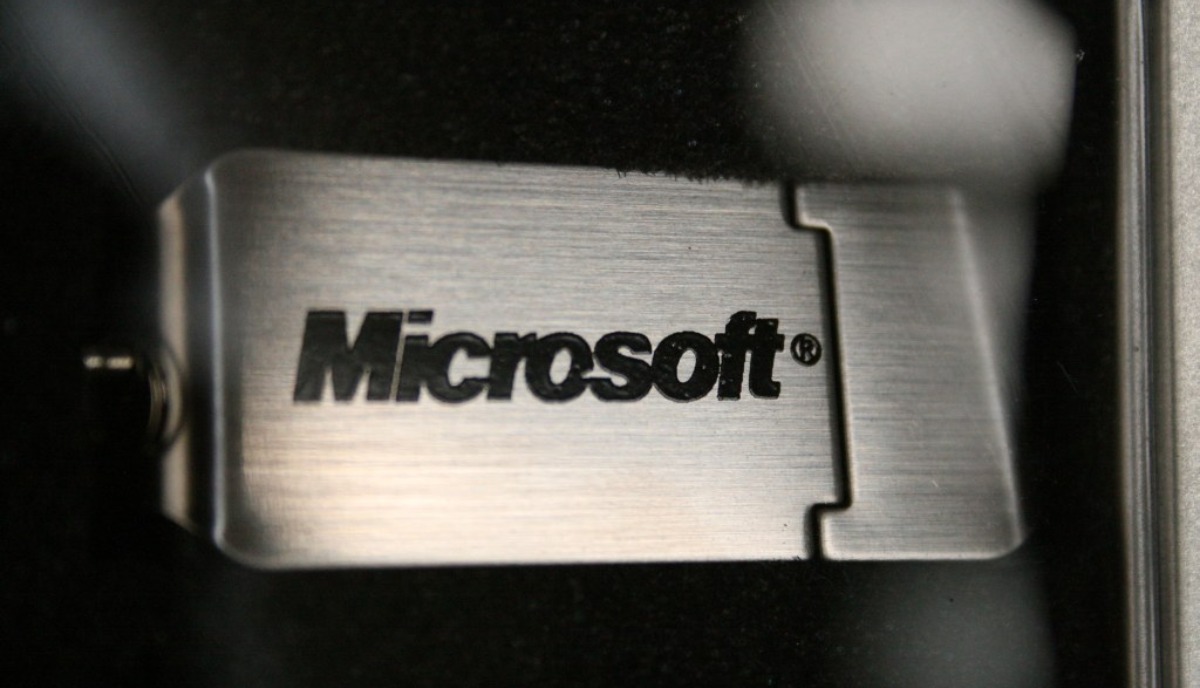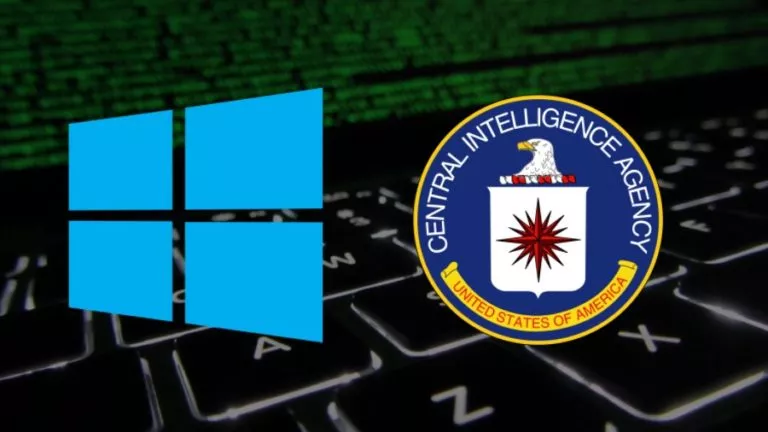1.2 Million Microsoft Accounts Hacked, Made The “Same” Mistake

The importance of putting proper security measures to safeguard your online accounts has only increased with time. Here, technologies like 2-factor authentication play an important role.
However, despite various warnings issued every now and then, our ignorant attitude only gets our accounts compromised. Microsoft officials who spoke at the RSA Conference revealed that almost 99.9% of all compromised accounts they discovered didn’t have multi-factor authentication (MFA) methods in place.
Usually, Microsoft has over 1 billion monthly active users and handles over 30 million login requests per day. Here, the percentage of accounts that get compromised each month is around 0.5%. And for January 2020, the number is 1.2 million.
The officials also revealed that only 11% of all enterprise users used MFA at least once in the month of January. Using MFA all the time would have saved many if not all of those 1.2 million accounts, they noted.
Here, the most commonly used techniques by attackers are password spraying and password replay. In password spraying, the attacker tries to brute force multiple user accounts using a bunch of commonly used passwords. For password relay, the hacker uses the login credentials of a user compromised on other services.
Although it’s a bad practice, it’s a common sight that many people use the same password in multiple places and increase their chances of getting hacked.
For the uninitiated, multi-factor authentication is put in place by adding multiple layers of credentials to provide access to an online account or another resource. Its basic implementation can be OTP-based authentication via SMS, but more advanced solutions deploy hardware-based security tokens. Tech companies are also aiming for password-less login using technologies like WebAuthn.
The officials also revealed that attackers mostly target older authentication protocols such as POP and SMTP because they don’t support MFA. Also, eliminating these legacy protocols from an organization’s systems is a tedious task.
They found up to a 67% reduction in compromises for the tenants who disabled legacy authentication protocols. Hence, Microsoft recommends making the legacy auth a thing of the past.
via ZDNet






